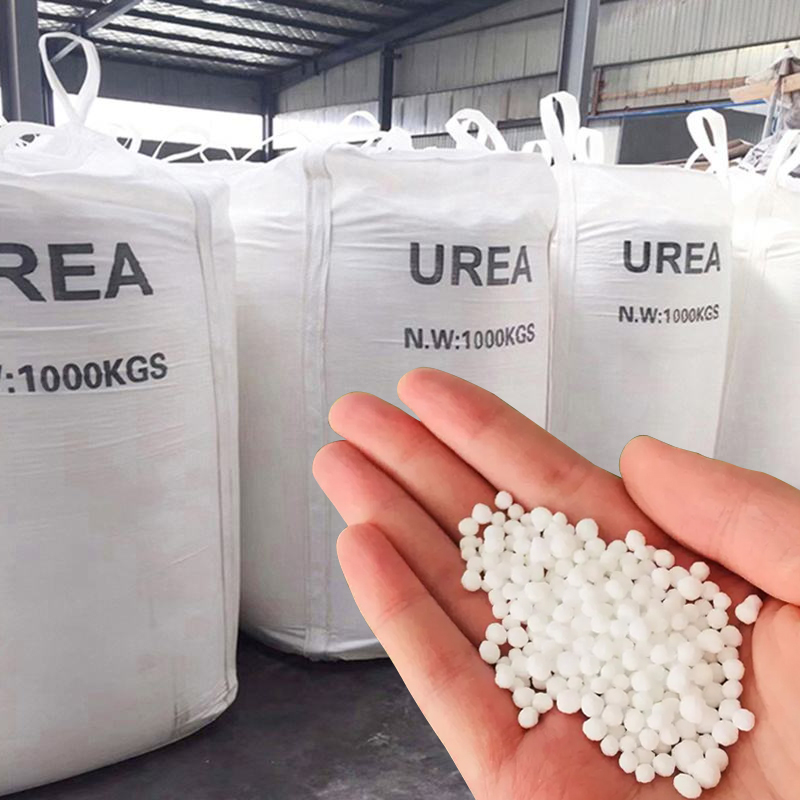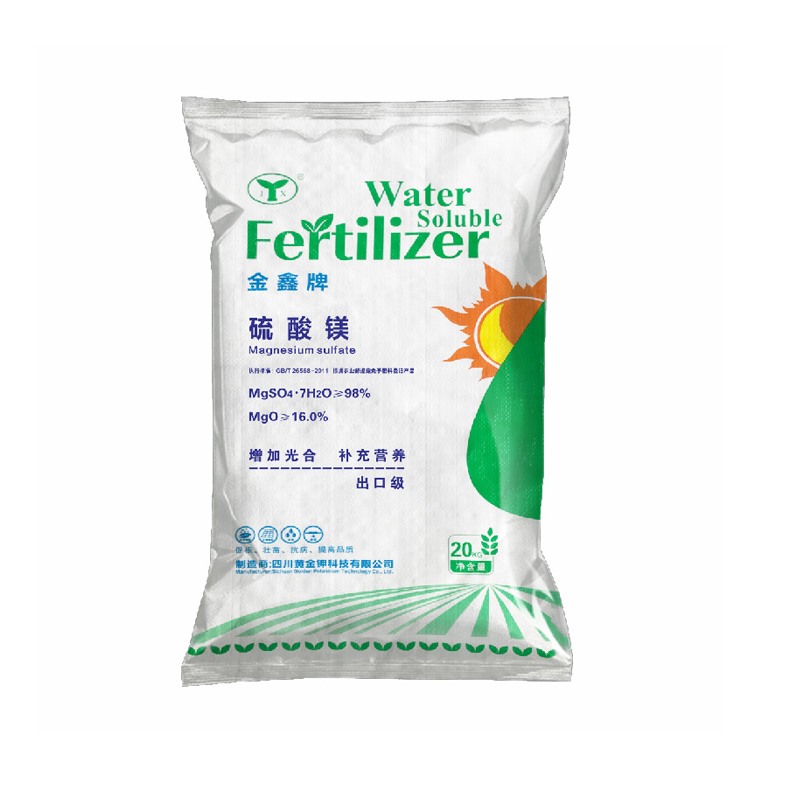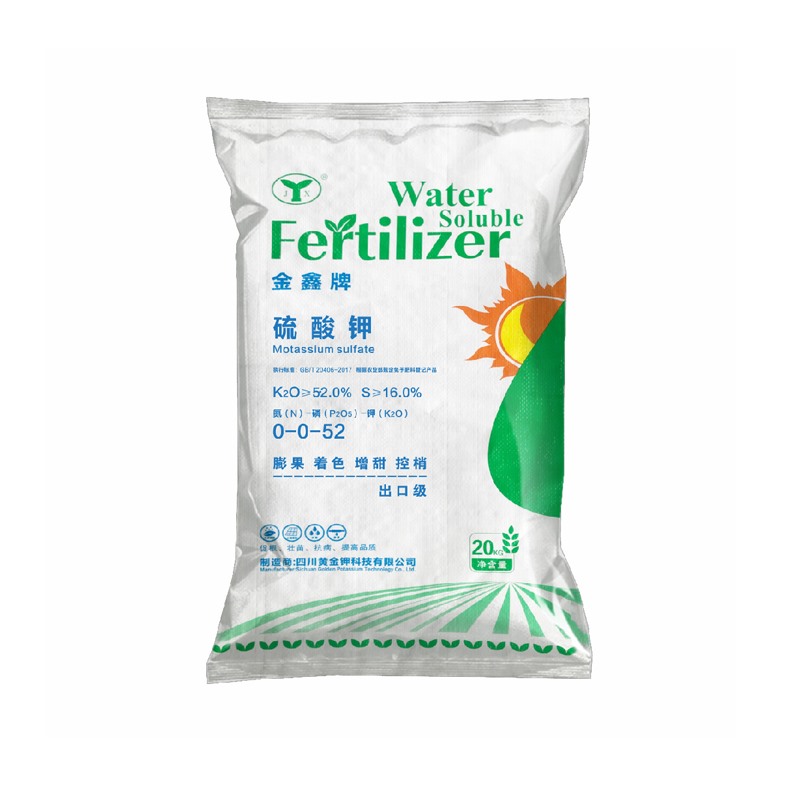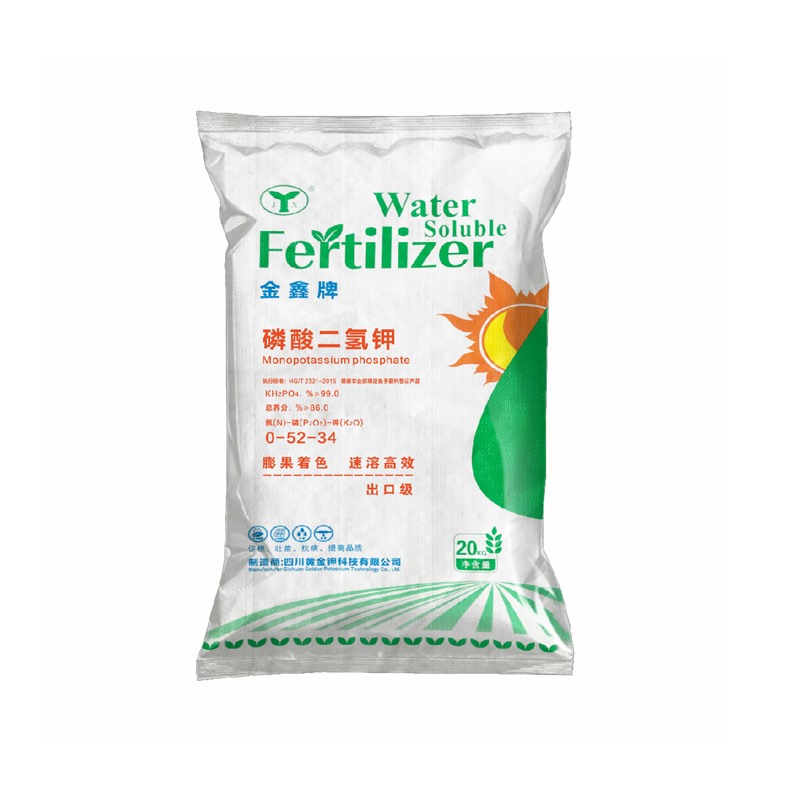The role and use of fertilizer urea
Urea is a common nitrogen fertilizer. It is a fertilizer with a high nitrogen content and is mainly used to provide the nitrogen needed for plant growth.Nitrogen is one of the key elements of plant growth and plays an important role in promoting leaf growth, increasing plant yield and improving crop quality.The following is the role and use of urea:
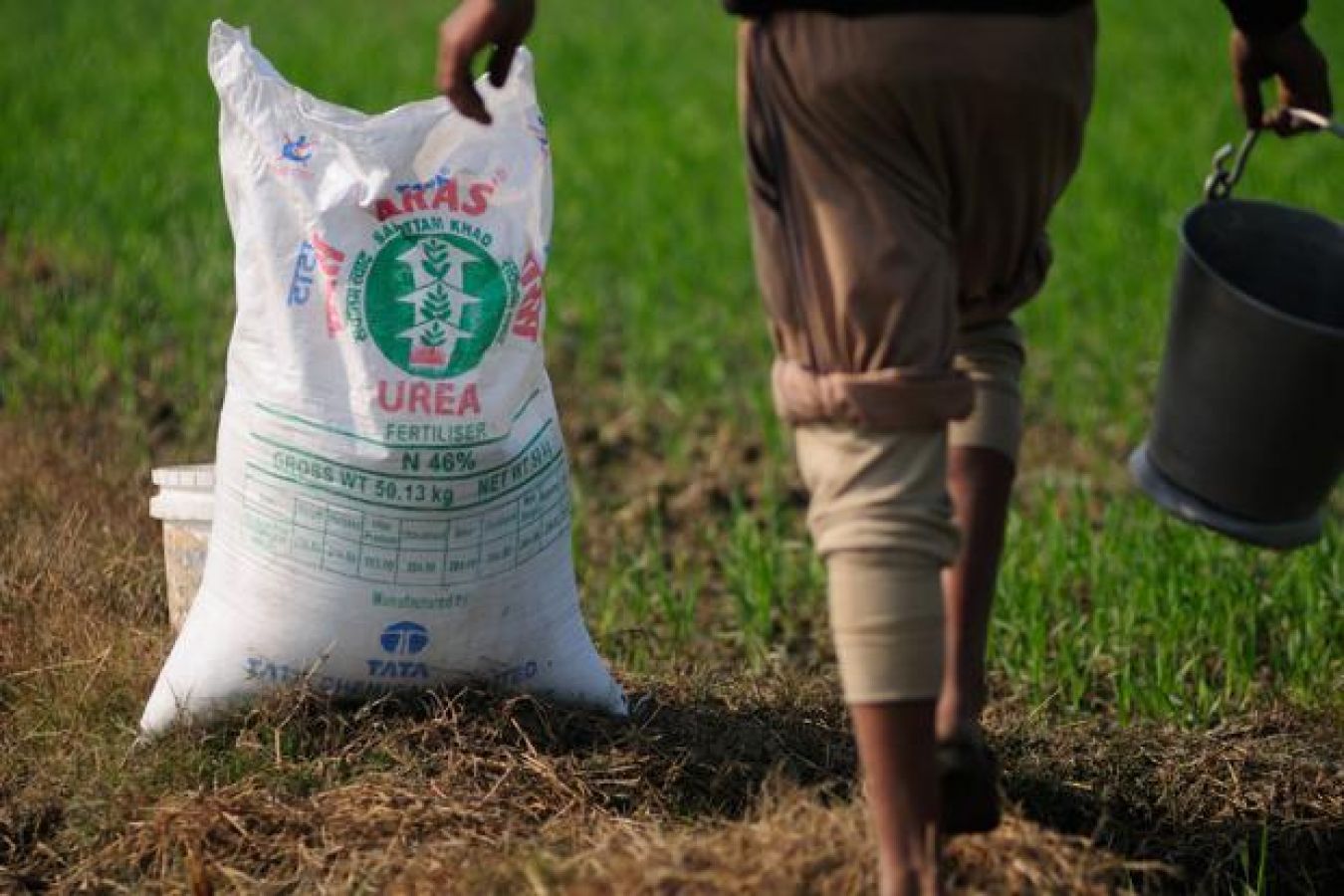
1. The role of urea
Promote plant growth: Nitrogen in urea is one of the main elements needed for plant growth, which can promote the growth and development of leaves and increase the volume and density of plants.
Increase yield: The appropriate use of urea can increase crop yield, especially in the case of insufficient nitrogen supply during the growing season, urea can make up for the lack of nitrogen and promote crop growth.
Improve crop quality: Nitrogen is an important part of protein and nutrient synthesis. Proper nitrogen supply can improve crop quality, such as improving the sugar content, color and taste of fruits.

2. How to use urea
Timing of fertilization: Urea is generally applied early in the plant growing season to meet the plant's nitrogen needs.The specific timing of fertilization can be determined according to crop type, growth stage and climatic conditions.
Fertilization amount: The amount of fertilization should be determined according to crop type, soil condition and nitrogen demand.Generally speaking, the amount of urea applied per acre can be calculated based on the content of nitrogen fertilizer and the amount of nitrogen required by the crop.
Fertilization method: Urea can be applied through different fertilization methods, such as sowing, ditch application, hole application, etc.When sowing, urea can be evenly sprinkled on the surface of the soil, and gently raked or irrigated to penetrate into the soil.
Mix with other fertilizers: Urea can be used with other fertilizers, such as phosphate fertilizer, potash fertilizer, etc., to provide the comprehensive nutrients needed by plants.
Precautions: When using urea, avoid direct contact with the leaves and stems of the crop, because urea may cause burns to plant tissues.Watering should be done in time after fertilization to promote the penetration and dissolution of urea.
In short, urea, as a nitrogen fertilizer, can provide crops with the nitrogen they need under appropriate circumstances, promote plant growth and increase yield.However, excessive use of urea may lead to nitrogen accumulation and environmental pollution. Therefore, the amount should be reasonably controlled during fertilization and determined according to the actual needs of the crop.It is best to fertilize according to soil testing and professional recommendations.
